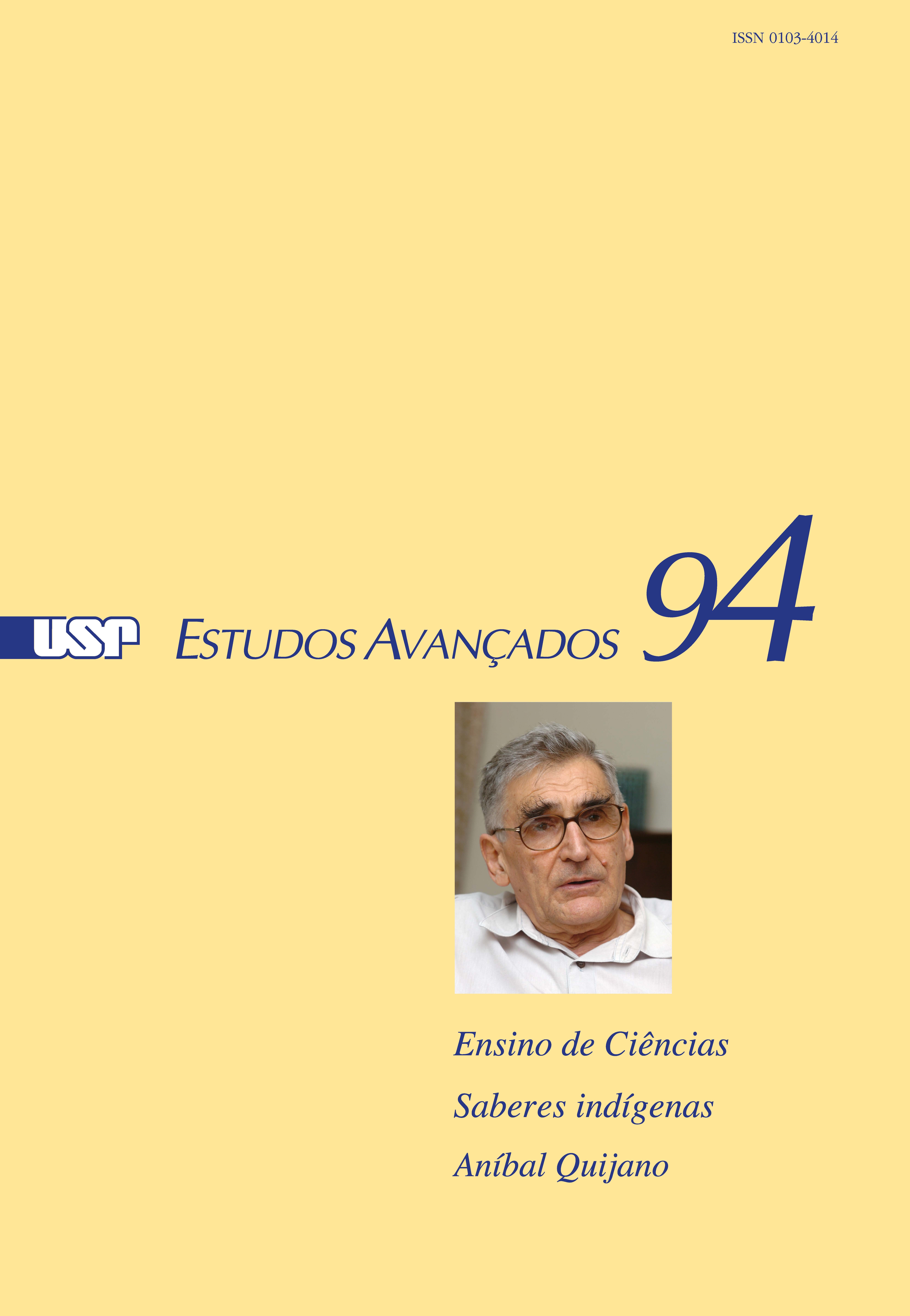Como e por quê escrevemos História do Brasil.Uma interpretação
DOI:
https://doi.org/10.1590/s0103-40142018.3294.0027Keywords:
Historiography, Bourgeois Autocracy, Bloodstained history, ConciliationAbstract
The book covers the long period from the fourteenth to the twenty-first century, analyzing the main features of Brazil’s history, considering the systems, models, structures and processes of successive periods of our history: colonial, imperial and republican. The analyses focus on examining the modes of production and the corresponding political-social formations, and highlights the biography of some significant personalities, including the Marquis de Pombal, Tiradentes, Tomás Antônio Gonzaga, José Bonifácio, emperor Pedro I, Evaristo da Veiga , Amaro Cavalcanti, Juscelino Kubitschek, Fernando Henrique Cardoso and Luís Inácio Lula da Silva.
Downloads
Downloads
Published
Issue
Section
License
Estudos Avançados não celebra contrato de cessão de direitos autorais com seus colaboradores, razão pela qual não detém os direitos autorais dos artigos publicados. Os interessados em reproduzir artigos publicados na revista devem necessariamente obter o consentimento do autor e atribuir devidamente os créditos ao periódico.


